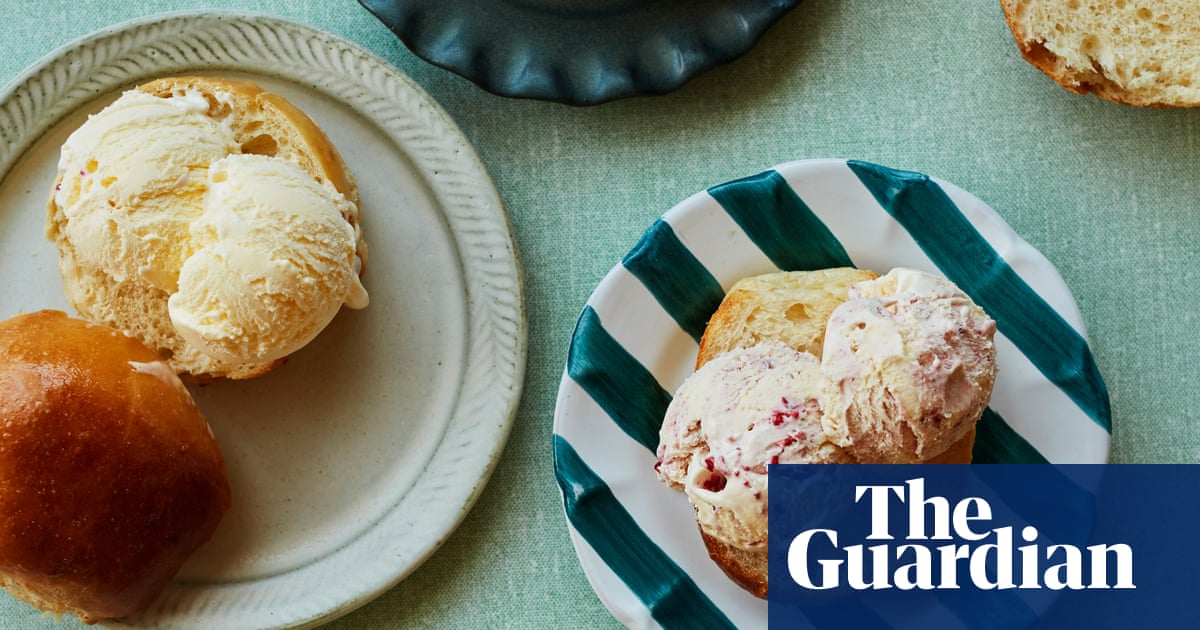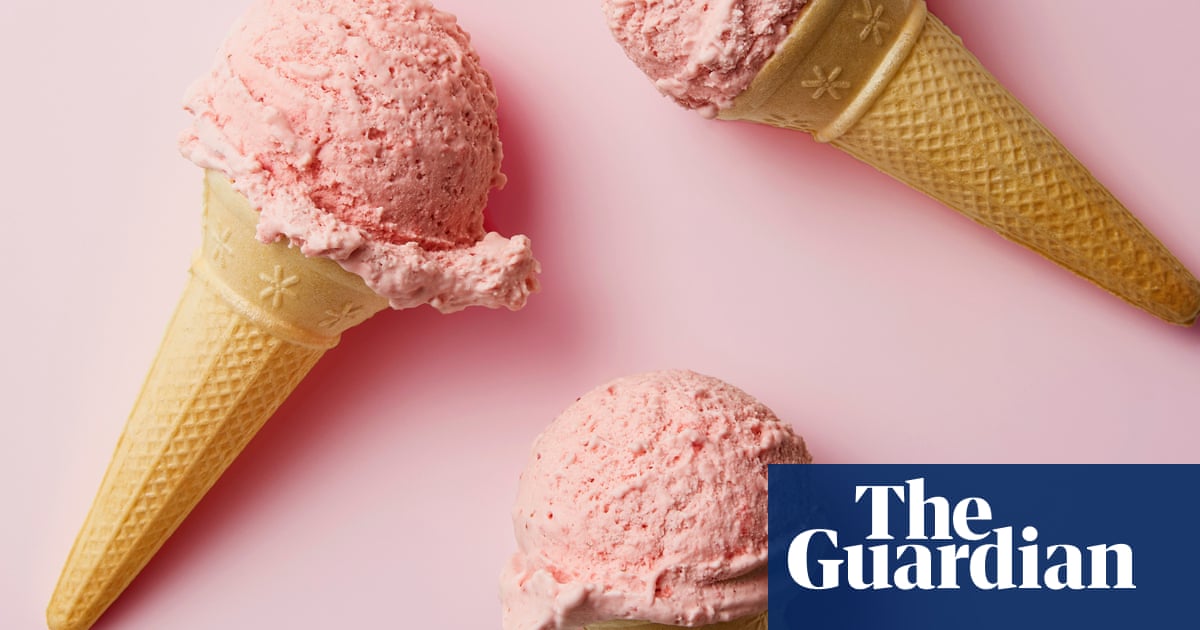
It is ice-cream but not as you know it. From instagrammable lollies bursting with fruit to treats made from coconut and peas rather than cow’s milk, an explosion of choice will see Britons spend an extra £100m on ice-cream this year.
Industry experts said with sales of plant-based foods booming around the worldalt ice-cream was now entering the mainstream as brands did a better job mimicking the creamy taste of dairy despite using alternative ingredients such as coconut cream, oats, almonds and peas in their recipes.
Cornish alt-ice cream brand Cecily’s said sales was booming as eating plant-based products became “more and more normal”. “It is a trend but it is also becoming part of our daily lives,” said Cecily Mills, the company founder.
“Ice cream is not a health food, it is an indulgent, fun, happy product. So the number one thing, whether it’s plant-based or dairy, is people want a great tasting product,” she explained. The challenge for manufacturers has been to replicate dairy’s ‘creaminess’ but Mills thinks her business, and rivals, have cracked it.
“Our main ingredient is coconut cream and this is perfect because with ice-cream you need a really precise balance of fat, sugar and water to get the right texture and mouthfeel that dairy does very well,” she said.
Mills has nailed two big trends with the company’s vegan Lovely Little Bites designed to offer a sweet “freezer snack” to the growing legion of people working from home. “I actually keep the lid off mine in the freezer,” she said. Big companies such as Wall’s are now selling mini Cornettos and ice cream cubes called Mini Bites.
Despite concerns about obesity, Mintel expects UK ice-cream sales to hit nearly £1.5bn this year, up from last year’s £1.4bn. Its analysis found that non-dairy alternatives were now 14% of the market, bolstered by high-profile products such as the vegan Magnum.
Despite consumers already facing a huge choice of ice creams and lollies on supermarket shelves the demand for novelty, particularly among young consumers, is relentless says Tetra Pak’s Torben Vilsgaard. The Danish company’s equipment is used to make as much as half of the world’s ice cream, leaving it well placed to identify new trends.
“Today, producers are not just thinking about making plant-based; they are thinking about making a product that is of the same quality as a dairy base,” says Vilsgaard. “We are looking at the sensorial and technical qualities. It is not a niche thing anymore, it is becoming a mainstream product.”
With ice-cream devotees telling researchers they would eat it more often if it came in smaller portions, Vilsgaard said going smaller with tiny cones and packets of individual ice-cream cubes that could be shared were the next “big thing”. “They are getting smaller and smaller. It is not minis anymore, it is micros,” he said.
The company is also working on the kit required to mass produce lollies that are a visual feast, featuring whole berries or nuts, for the Instagram crowd to enjoy. Customers want different textures as well as an “understanding of what is inside”.
However, Vilsgaard says incorporating such extras in a Magnum-style lolly is difficult without “bending the stick”.












